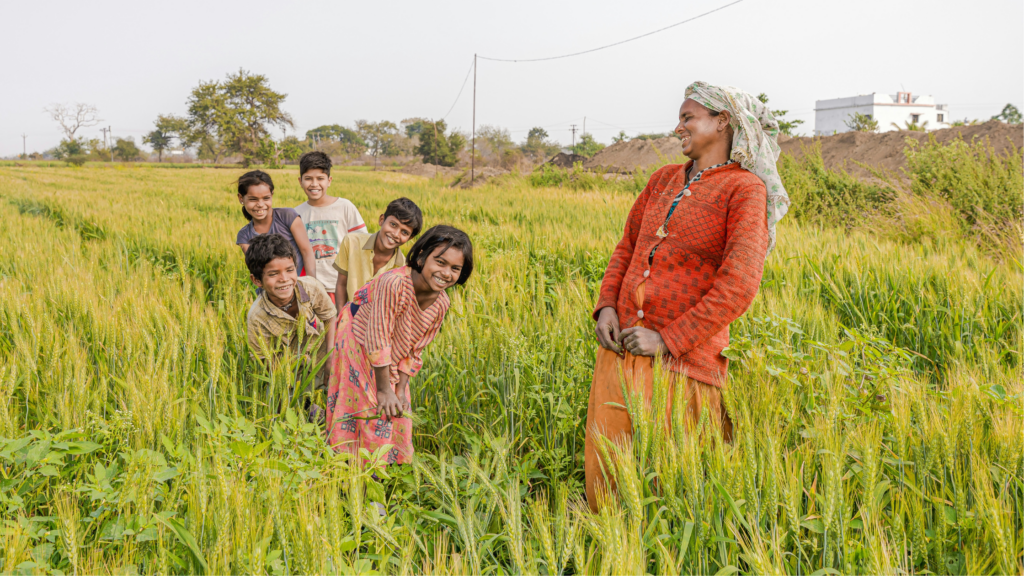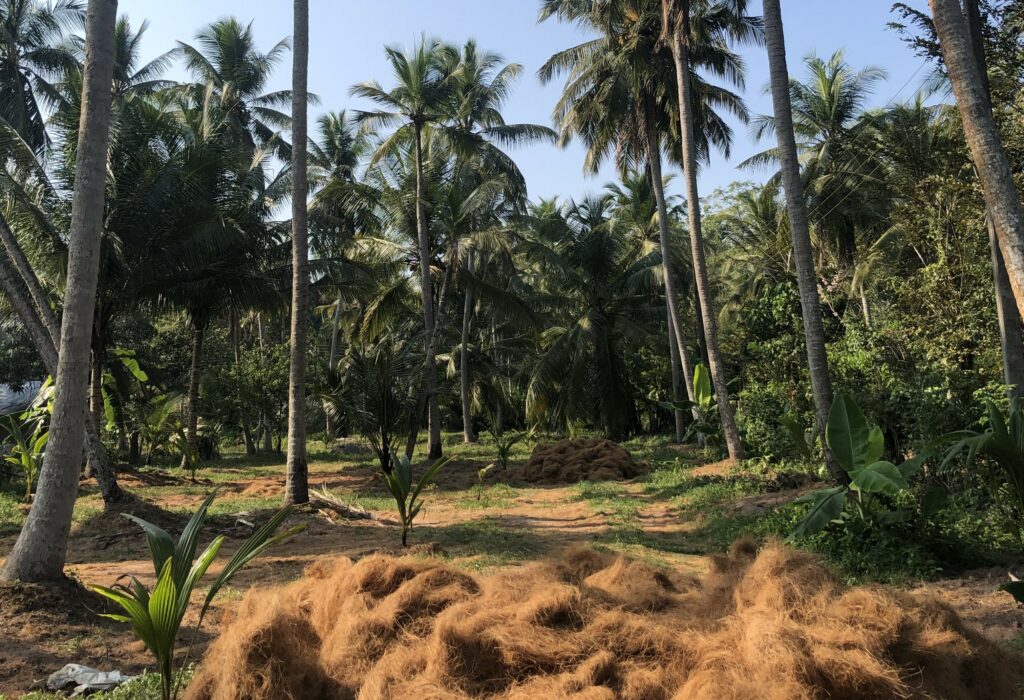A landscape approach for business is a strategic framework that aims to balance environmental, social, and economic objectives, recognizing that business activities are interconnected with the broader ecological and social systems in which they operate. Learning from our experience and programs at Ksapa, here are the key elements and benefits of a landscape approach for business
Category Archives: Impact
Learn how to build robust carbon sequestration programs through rigorous due diligence addressing environmental and human rights risks.
Discover how the NY Declaration on Animal Consciousness is transforming our understanding and approach to animal welfare globally.
Encouraging the development of decarbonized mobility requires to connect the dots across several industries for holistic progress. Overview.
The administrative burden is an argument often put forward by companies and MEPs as a reason not to promote CS3D. Is this true?
Amid VCM credibility concerns, discover key recommendations for ensuring environmental integrity and social impact in carbon markets
Cocoa is the main component of a vast industry with far-reaching repercussions on a global scale. While many of us love chocolate for its taste, cocoa has a less sweet side that poses serious problems. The cultivation and production processes are linked to complex challenges covering social, environmental and economic dimensions. Challenges, analysis and new solutions.
Insights and suggestions on how to ensure business adopt a robust human rights lens in understanding, addressing and mitigating social issues
Low maintenance and investments in coconut farming challenge sustainability, impacting major producing nations and rural communities
Note: this article was originally posted on https://agrilinks.org/post/data-science-approach-process-data-collected-vulnerable-populations This article outlines a data science approach to processing data collected from vulnerable populations, which we employ at Scale Up Training Traceability Impact (SUTTI), an initiative by Ksapa. SUTTI enables the transformation of the first mile of agricultural supply chains. We work with, and for, small farmers […]










